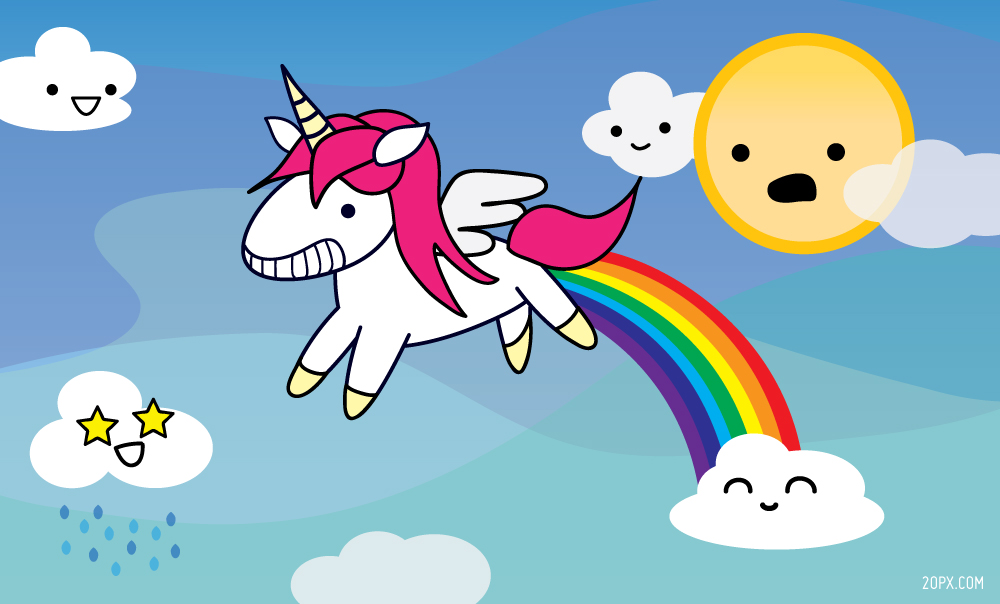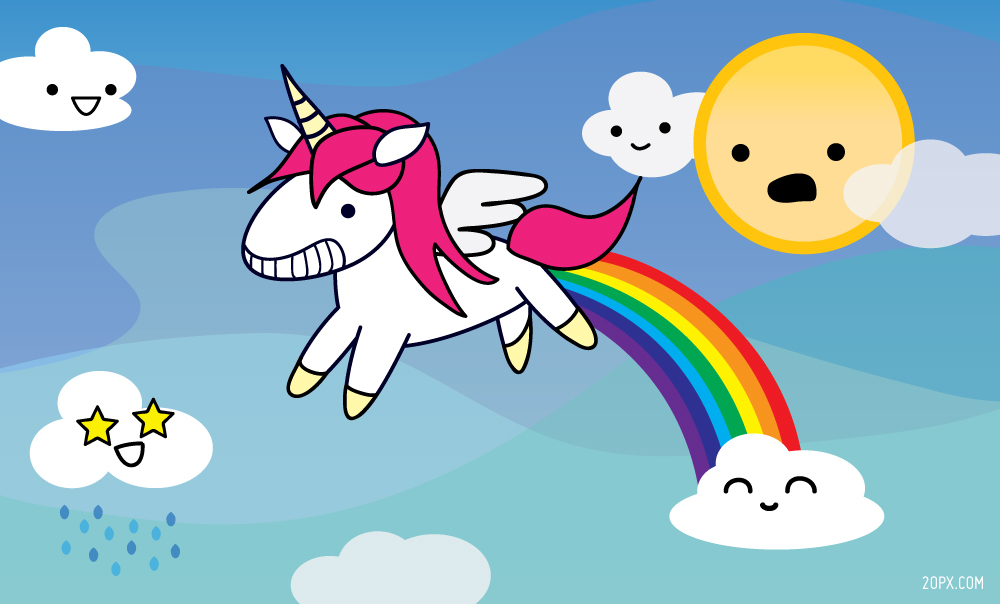In recent days I’ve watched an interesting online discussion about depression and bipolar disorder. One one side is author and speaker Natasha Tracy, whose writing pulls no punches about the dark side of such maladies. On the other side is a blogger named Sarah Ryan. She believes the approach to addressing the subject should be uplifting and sunny.
The truth is somewhere in between, in my opinion. But I must say that the sunshine part is useless if we don’t pick apart the darkness first.
Mood music:
Taking a shot at Tracy and her work, Sarah suggests a new voice is needed. Her beef: Tracy’s articles are dark to the point of ridiculous. She writes:
I am struck by the negativity that many major health-care websites are perpetuating, such as healthyplace.com, healthline.com, and answers.com. They are advertising Ms. Tracy as an expert on those sites, so if that is the case, I’m sure the vast majority of her readers will assume they can trust her message and treat it as fact-based. Here’s the rub: I find her message to be wrought with negativity, misinformation, and deeply internalized social stigma.
Sarah hopes to be a “much needed counter balance to this sort of negativity.” Sarah’s blogging is part of a larger project called “Find More Out There,” designed to explore the realities of bipolar disorder via film and other media.
As a long-time sufferer of depression and OCD, I appreciate what she’s doing. Sufferers do need hope, and in my own blogging I try to outline all the light I’ve found at the other side of the darkness.
But I also respect Tracy’s work. Sure she leans more toward the dark side. The titles she uses demonstrate that:
- How Are You? – I’m Not Fine, I’m Bipolar
- Can You Die From Bipolar Disorder? (*Saving you more time, the answer is yes)
- More Ways to Die from Bipolar Disorder
- Trying Bipolar Therapy You Don’t Believe In – Mindfulness Meditation
- I’m Too Tired to Keep Fighting Bipolar Disorder
Sarah uses those titles as proof Tracy is too negative.
But here’s the thing: Depression and all the mental disorders that feed it are a nightmare. When you’re in the thick of it, all seems lost. It sucks. People need to say it sucks. My healing — an ongoing process with plenty of setbacks and advances — couldn’t begin until I peeled back every layer of my fear, anxiety and depression. That took years.
For the sufferer to find tools to get better, they have to know they’re not alone. The old cliché that misery loves company is true. When you realize you’re in good company, it becomes easier to stand up and do something about it.
But once the sufferer has that epiphany, they need guidance to start building the tools of recovery. Sarah’s project holds promise there.
I’d love to see these two voices collaborate on something. The fruits of such an effort could be powerful.


